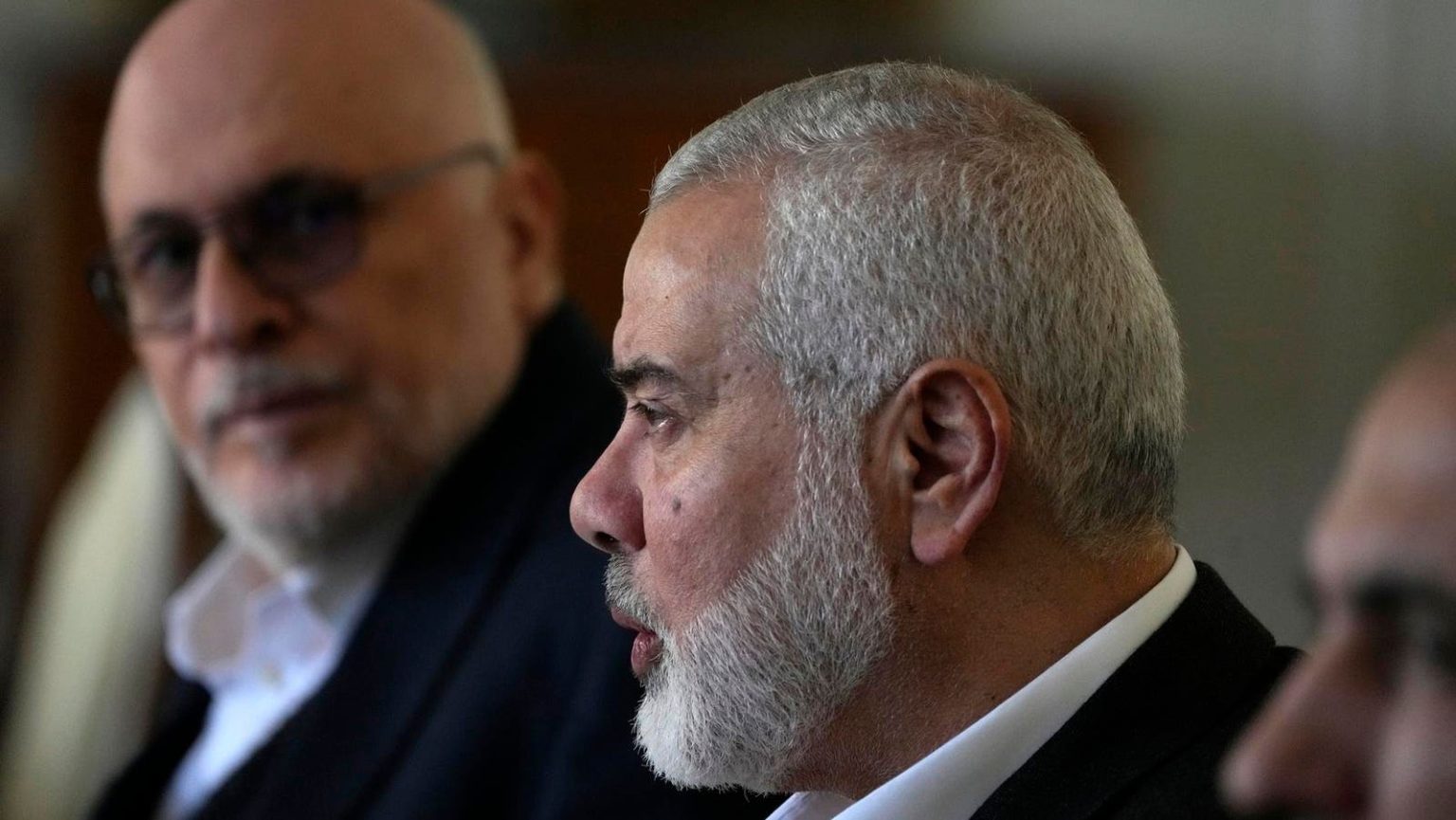The Israeli airstrikes that killed three adult sons of Hamas’ political leader Ismail Haniyeh have created new tensions amidst already fraught cease-fire negotiations. The Israel Defense Forces confirmed that the men were affiliated with Hamas’ military and claimed they were on their way to carry out terrorist activities in Gaza. Haniyeh confirmed their deaths and accused Israel of targeting them while they were visiting relatives for Eid al-Fitr, claiming some of his grandchildren were also killed in the strike.
Cease-fire negotiations in Cairo continued as news of the strike emerged, with both sides considering a proposal put forward by CIA Director Bill Burns. Haniyeh criticized Israel for the attacks, stating that they were driven by revenge and ignored any standards of law. Hamas also reportedly indicated that they could not locate 40 living hostages that needed to be released to meet the terms of the proposed cease-fire deal, raising concerns that more Israeli hostages taken on Oct. 7 may be dead.
It remains unclear how the latest airstrikes may impact cease-fire talks, which have been reportedly rocky with Hamas showing little enthusiasm for the U.S.-backed proposal. Talks have reportedly been more focused on Yahya Sinwar, the leader of Hamas’ military wing in Gaza, than on Haniyeh. Haniyeh, based in Qatar, is considered a terrorist by Israel and the U.S., who accuse him of having close links with Hamas’ military wing and promoting armed struggle, including against civilians. Meanwhile, some have criticized him for living luxuriously away from the hardships in Gaza.
The international community is eagerly waiting to see if Israel will carry out a long-anticipated ground invasion of the Gazan town of Rafah, a move that world leaders, including President Joe Biden, have warned against due to the high density of Palestinian refugees in the area. Despite the pressure, Israeli Prime Minister Benjamin Netanyahu has vowed to proceed with the offensive, stating that Israel has set a date and that no force in the world would stop it. The situation in Gaza remains precarious as violence continues to escalate, with the deaths of Haniyeh’s sons adding a new layer of complexity to the ongoing conflict.
In response to the airstrikes that killed his sons, Haniyeh has condemned Israel for its actions, accusing them of seeking revenge and ignoring the value of Palestinian lives. The continued violence and loss of life in Gaza have drawn condemnation from the international community, with calls for an immediate cease-fire and a return to negotiations to end the conflict. The situation remains highly volatile, with the potential for further escalation if a resolution is not reached soon. The deaths of Haniyeh’s sons serve as a tragic reminder of the toll the conflict is taking on innocent civilians on both sides, further underscoring the urgent need for a diplomatic solution to end the violence.


